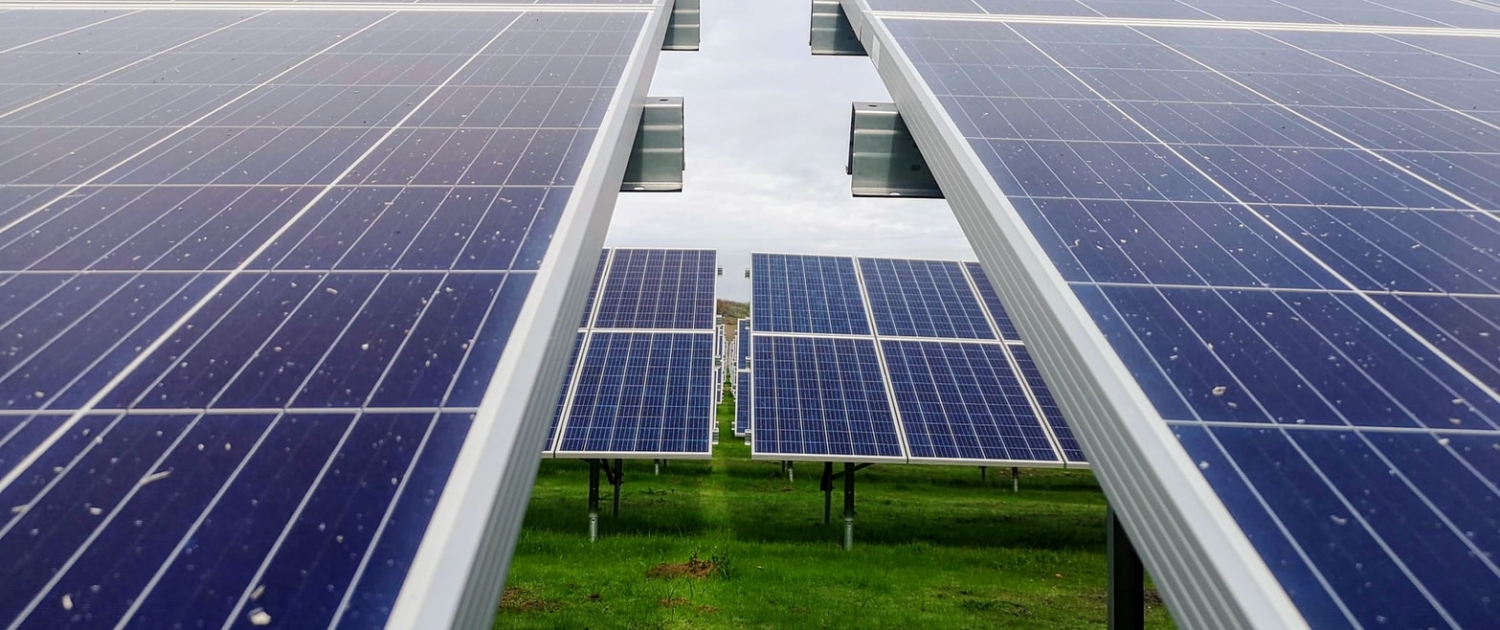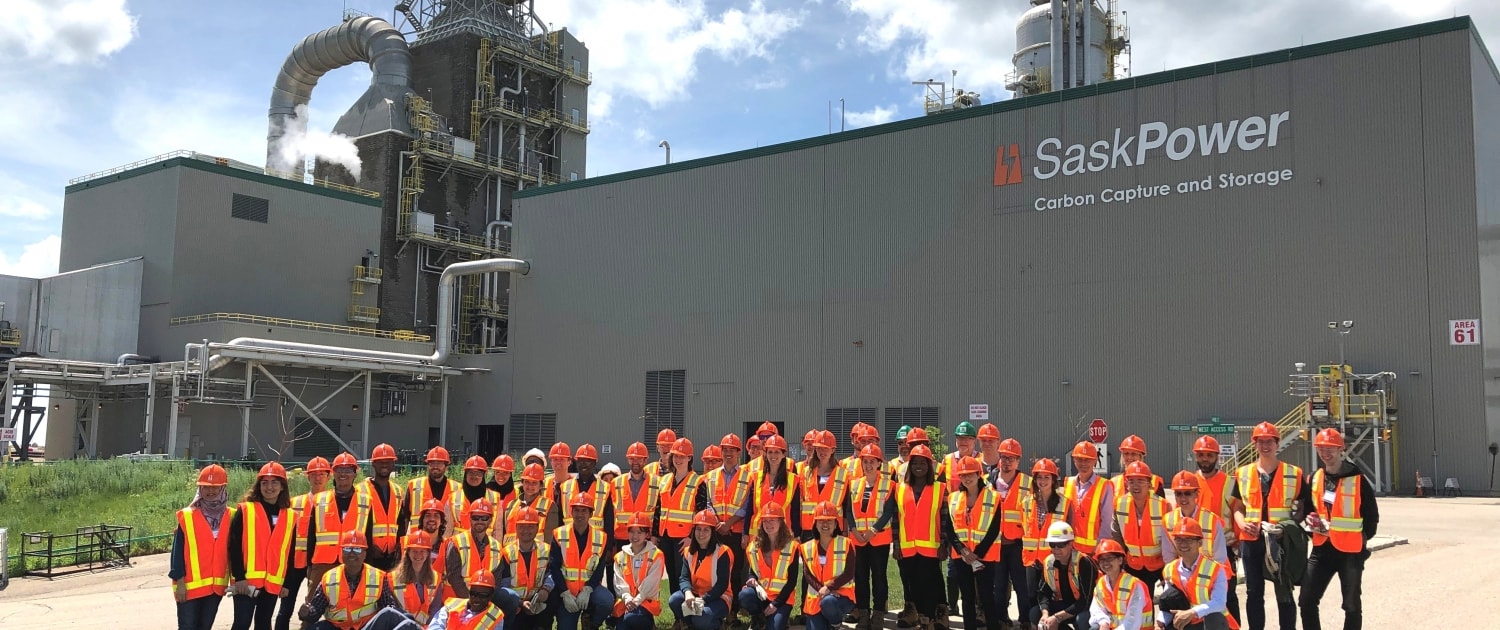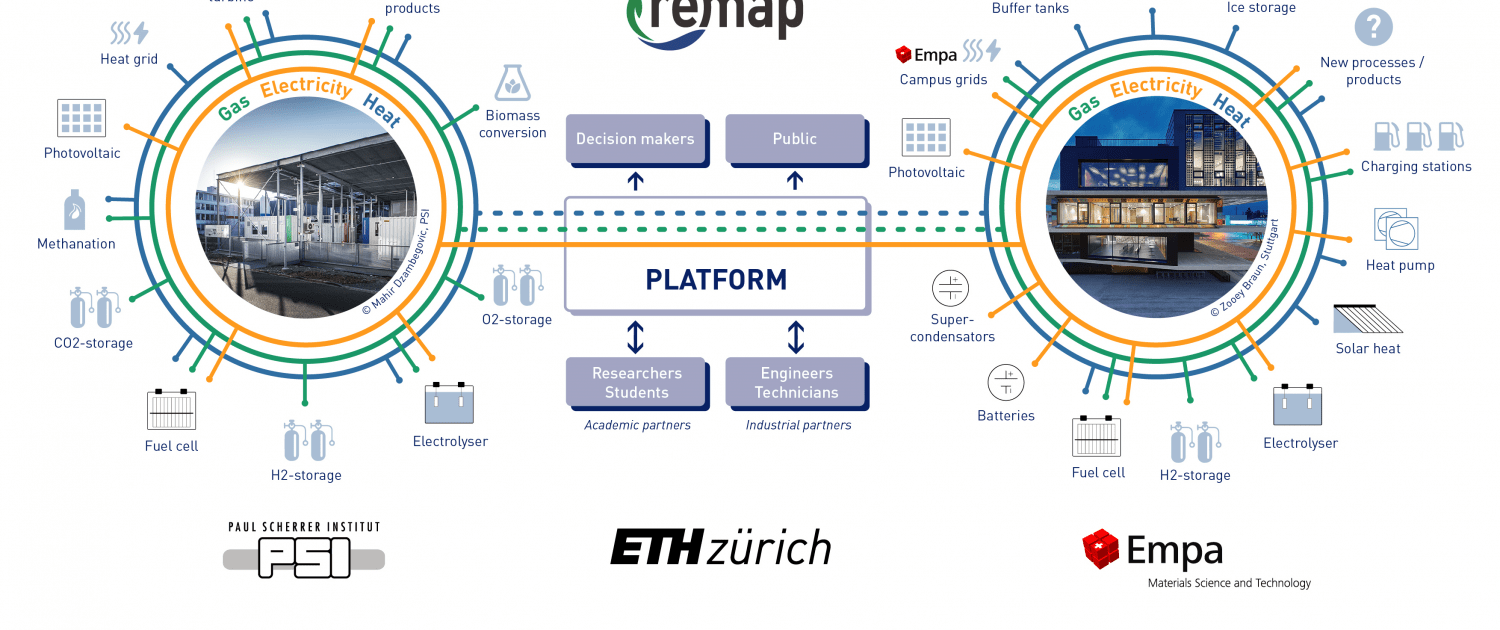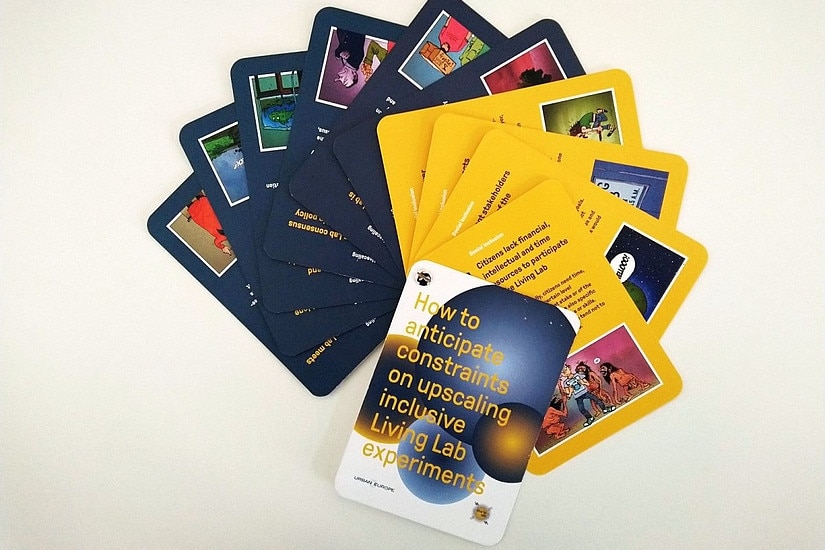India is the second largest energy consumer in the world. Over the last five years, the country has made considerable progress towards achieving universal access to modern energy, including clean fuel for cooking and electricity, affordable and secure energy for its citizens. Weiterlesen
Schlagwortarchiv für: Research
Einen Monat nachdem der Bundesrat das Förderprogramm SWEET (SWiss Energy research for the Energy Transition) verabschiedet hat (vgl. Energeiaplus-Beitrag), wurde der erste Meilenstein erreicht: Die Konsultationsphase ist abgeschlossen. In einer ersten Ausschreibung forderte das Bundesamt für Energie (BFE) Inputs für mögliche Forschungsthemen an, dies unter dem Leitthema «Integration erneuerbarer Energien in ein nachhaltiges und resilientes Schweizer Energiesystem». Weiterlesen




 Noch keine Bewertungen
Noch keine BewertungenGeneral overview
China is both the world’s biggest clean energy investor and the world’s largest CO2 emitter. It is on track to becoming the world’s renewable energy superpower: China is the world’s largest producer, exporter and installer of solar panels, wind turbines, batteries and electric vehicles.
Even though renewable energy investments declined from $122 billion in 2017 to $86 billion in 2018, China still has by far the largest capacity. It also has a clear lead in terms of the underlying technology, with well over 150,000 renewable energy patents as of 2016, 29% of the global total. The next closest country is the U.S., which had a little over 100,000 patents, with Japan and the E.U. having close to 75,000 patents each.
The share of non-fossil fuels in China’s total electricity mix is on course to hit 32-34% in 2020. With increasing demand, China added about 40 GW of solar and 40 GW of coal in 2019. There is a lot of room for renewable energy, since coal’s share in China’s primary energy mix was still 58% in 2018 and electricity demand keeps growing. Weiterlesen




 4 Vote(s), Durchschnitt: 4,75
4 Vote(s), Durchschnitt: 4,75In der Vergangenheit war alles ganz einfach: Zentrale Grosskraftwerke speisten ihre Energie ins Übertragungsnetz ein, welches die Energie über kürzere oder längere Entfernungen weiter transportierte. Wo man sie benötigt hat, wurde sie transformiert und über das Verteilnetz den Konsumentinnen und Konsumenten zur Verfügung gestellt. Darauf waren die Netze und die Prozesse, um diese Abläufe zu planen und sicher und zuverlässig zu betreiben, ausgelegt. Weiterlesen




 Noch keine Bewertungen
Noch keine BewertungenExploring emerging technology trends from India
India is on it’s way to creating a strong, emergent economy defined by high quality research, tech advancements, a robust digital infrastructure, and a young, tech savvy generation with an entrepreneurial mindset. Weiterlesen




 Noch keine Bewertungen
Noch keine BewertungenGrid operation coordination: Needs, challenges and opportunities?
The transformation of the electricity market is in full swing: Large amounts of renewable, decentralized energy sources are being developed and consumers are becoming more and more prosumers, who «optimize» themselves. Weiterlesen




 Noch keine Bewertungen
Noch keine BewertungenEvery year, up to 60 young students and researchers applying from across the world are selected to attend the IEAGHG Summer School on Carbon Capture and Storage (CCS), where they can get to know experts in the field, listen to their presentations and interrogate them in open discussions. Weiterlesen




 2 Vote(s), Durchschnitt: 5,00
2 Vote(s), Durchschnitt: 5,00The ReFlex project aims at developing a replicability guideline for the deployment of technologically feasible, market based and user-friendly solutions for smart grids with a high level of flexibility. The focus was put on smart grid pilot projects with high level of renewable energy production, which are effectively and efficiently used locally through mixes of measures from voltage regulation, demand response, energy management and storage. Drawing on the learning experience among ReFlex partners, replicability-guidelines were elaborated to support the demo regions and the wider group of European smart grid stakeholders in deploying and advancing their smart grid initiatives. The project released the ReFlex Guidebook, a document that includes guidelines for the replicability of solutions for flexible smart grids. Weiterlesen




 1 Vote(s), Durchschnitt: 5,00
1 Vote(s), Durchschnitt: 5,00Um das Stromnetz und dessen Kopplung mit dem Gas- und Wärmenetz besser verstehen zu können, bauen die ETH Zürich, das Paul Scherrer Institut (PSI) und die Empa eine gemeinsame Forschungsplattform auf. Diese trägt den Namen ReMaP, was für «Renewable Management and Real-Time Control Platform» steht. Weiterlesen




 3 Vote(s), Durchschnitt: 5,00
3 Vote(s), Durchschnitt: 5,00Worldwide Living Labs are increasingly adopted to address urban challenges. They are projects or experiments devised to design, test and learn from innovative socio-technical practices (i.e. “new ways of doing something”), with a diversity of stakeholders and in real-life conditions. However, they tend to focus on small-scale performance tests or technology-user interactions, and are mostly neglecting the larger social-institutional context that surrounds them. Weiterlesen




 Noch keine Bewertungen
Noch keine BewertungenKontakt
Bundesamt für Energie
Pulverstrasse 13
3063 Ittigen
Postadresse:
Bundesamt für Energie
3003 Bern
Telefonnummern:
Hauszentrale +41 58 462 56 11
Pressestelle +41 58 460 81 52
 Mariana Proença / Unsplash
Mariana Proença / Unsplash Shutterstock
Shutterstock Swissnex China
Swissnex China Shutterstock
Shutterstock Swissnex India
Swissnex India shutterstock
shutterstock International CCS Knowledge Centre
International CCS Knowledge Centre BFE
BFE Energy Science Center ETHZ
Energy Science Center ETHZ SUPSI
SUPSI